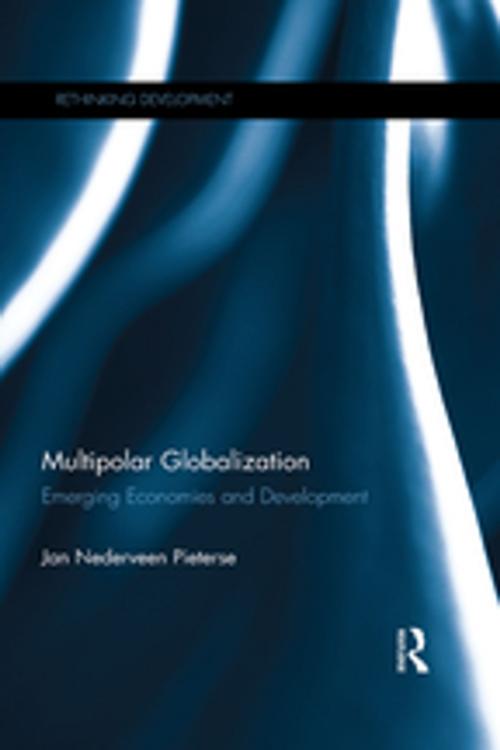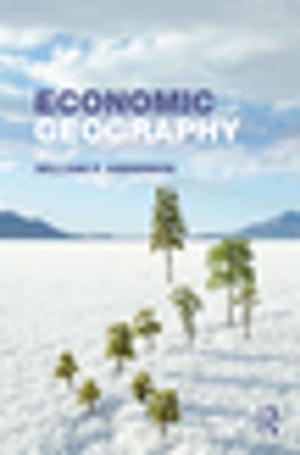Multipolar Globalization
Emerging Economies and Development
Nonfiction, Social & Cultural Studies, Political Science, Social Science| Author: | Jan Nederveen Pieterse | ISBN: | 9781315312835 |
| Publisher: | Taylor and Francis | Publication: | September 7, 2017 |
| Imprint: | Routledge | Language: | English |
| Author: | Jan Nederveen Pieterse |
| ISBN: | 9781315312835 |
| Publisher: | Taylor and Francis |
| Publication: | September 7, 2017 |
| Imprint: | Routledge |
| Language: | English |
Like a giant oil tanker, the world is slowly turning. The rapid growth of economies in Asia and the global South has led to a momentous shift in the world order, leaving much of the traditional literature on globalization behind. Multipolar Globalization: Emerging Economies and Development is the perfect guide to these ongoing 21st-century transformations, combining engaging and wide-ranging coverage with cutting-edge analysis.
The rise of China and other emerging economies has led to the emergence of a new geography of trade, new economic and political combinations, new financial actors, investors and donors, and weaker American hegemony. This interdisciplinary volume combines development studies, global political economy, sociology, and cultural studies to ask what this growth means for domestic and global inequality and examines the role of multipolarity in the reshaping of globalization.
Renowned globalization scholar Jan Nederveen Pieterse deftly guides the reader through the development of globalization in the West and the East, explaining key topics such as the 2008 crash, trends in inequality, the changing fortunes of the BRICs, and the role of governance and democracy. Accessible and insightful, this bookwill be an essential guide for both students in the social sciences and for professionals and scholars seeking a fresh perspective.
Like a giant oil tanker, the world is slowly turning. The rapid growth of economies in Asia and the global South has led to a momentous shift in the world order, leaving much of the traditional literature on globalization behind. Multipolar Globalization: Emerging Economies and Development is the perfect guide to these ongoing 21st-century transformations, combining engaging and wide-ranging coverage with cutting-edge analysis.
The rise of China and other emerging economies has led to the emergence of a new geography of trade, new economic and political combinations, new financial actors, investors and donors, and weaker American hegemony. This interdisciplinary volume combines development studies, global political economy, sociology, and cultural studies to ask what this growth means for domestic and global inequality and examines the role of multipolarity in the reshaping of globalization.
Renowned globalization scholar Jan Nederveen Pieterse deftly guides the reader through the development of globalization in the West and the East, explaining key topics such as the 2008 crash, trends in inequality, the changing fortunes of the BRICs, and the role of governance and democracy. Accessible and insightful, this bookwill be an essential guide for both students in the social sciences and for professionals and scholars seeking a fresh perspective.















